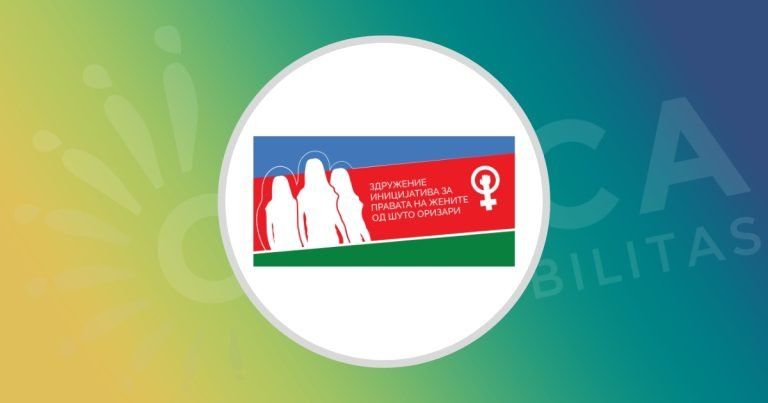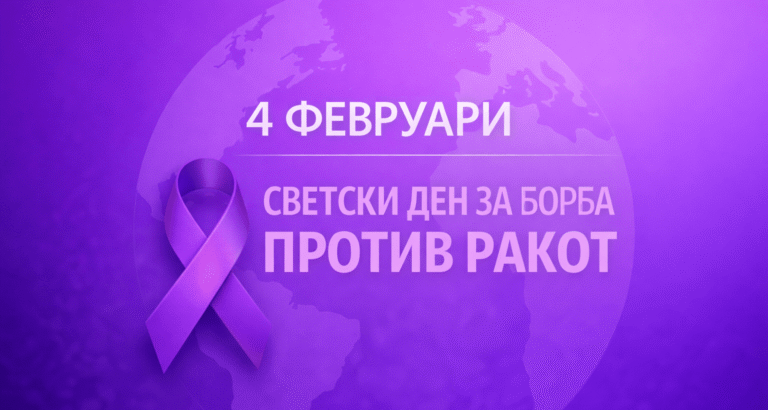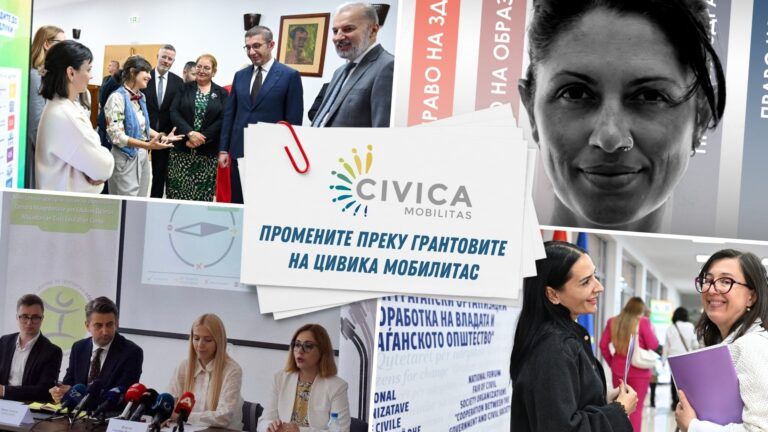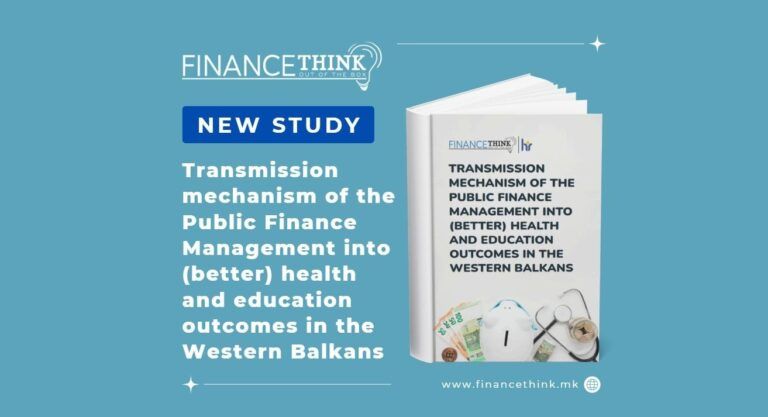Fostering social rights: key to EU recovery from Covid-19
The pandemic triggered unprecedented EU financial support to counter the social impact of Covid-19. Many people in the EU, especially vulnerable people, faced reduced access to healthcare, childcare, education and the internet. This has led to excess mortality, poverty, unemployment and social exclusion. FRA’s Fundamental Rights Report 2022 outlines the pandemic’s wide-ranging impact on social rights. It also suggests how to address increasing inequalities and threats to societal cohesion.
“The response to the Covid-19 pandemic and the war in Ukraine show how the European Union is forged when confronted with crises,” says FRA Director Michael O’Flaherty. “EU action and funding can, and is, making a significant difference, particularly when linked to relevant legal obligations and political commitments to safeguard people’s social rights. Only effective monitoring of the use of funds will support governments in ensuring a rights-compliant recovery from the pandemic. It will also support them in adjusting funded measures to address sufficiently people’s social vulnerabilities, particularly of those most affected – children and young people.”
FRA’s Fundamental Rights Report 2022 reflects on the developments and shortfalls of human rights protection in the EU over the past year. Its focus chapter reviews the pandemic’s impact on people’s social rights, such as education, employment and healthcare. It looks at the experiences of children, young people, older people, people with disabilities, and other people in vulnerable situations. It also looks at how EU countries plan to use the € 724 billion of EU funding earmarked for recovery from the pandemic to foster social rights.
Moving forward, governments should involve national human rights or equality bodies in monitoring that EU-funded recovery measures follow fundamental rights. These should particularly seek to:
- fulfil the social rights of people most affected by the pandemic;
- assess and adjust, if necessary, EU-funded measures to ensure they respect and foster social rights;
- ensure the use of EU recovery funds is not incompatible with either the EU Charter of Fundamental Rights or the UN Convention on the Rights of Persons with Disabilities (CRPD).
Other key fundamental rights issues in 2021 include:
- Child rights – the pandemic continued to take a toll on children’s well-being and education. Many suffered, particularly those from disadvantaged backgrounds, leaving them at greater risk of poverty and exclusion. The first-ever EU Child Rights Strategy alongside the European Child Guarantee were notable milestones seeking to galvanise efforts to promote and protect the rights of all children. EU countries should ensure their national action plans deliver on the strategy’s and Guarantee’s goals.
- Migration – fundamental rights border challenges continued. Migrants faced violence or were turned away at EU land borders and over 2,000 migrants died at sea. EU countries should carry out effective and independent border monitoring to counter rights abuses. The number of asylum-seeking children, including unaccompanied children, rose, which warrants particular attention from national administrations.
- Racism – the pandemic further fuelled discrimination, hate crime and particularly online hate speech towards migrants and ethnic minorities. Building on the EU Anti-racism Action Plan in 2020, most EU countries adopted or are developing national action plans to tackle racism and ethnic discrimination. To step up their efforts, EU countries should penalise hate crime, encourage reporting and better support victims. This also includes delivering on action plans and strategies through informed monitoring.
The report summarises and analyses major human rights developments in the EU in 2021. It contains proposals for action, covering the EU Charter of Fundamental Rights and its use by Member States; equality and non-discrimination; racism and related intolerance; Roma inclusion and equality; asylum, borders and migration; information society, privacy and data protection; child rights; access to justice; and implementing the CRPD.
Together with our collaborators, the European Policy Institute prepared the report on North Macedonia this year as well.





![[Aggregator] Downloaded image for imported item #43795](https://civicamobilitas.mk/wp-content/uploads/2026/01/611149509_1571871173934400_3927165331577291092_n-2-768x512.jpg)


